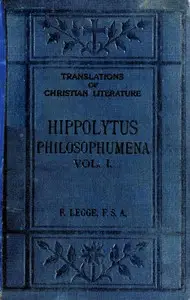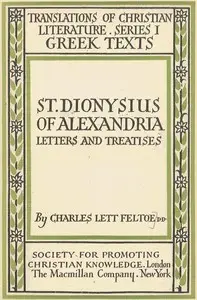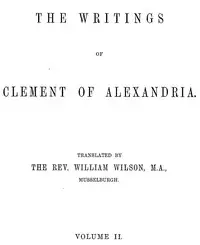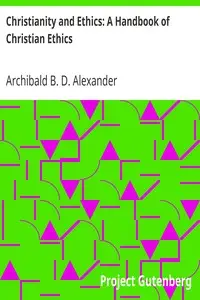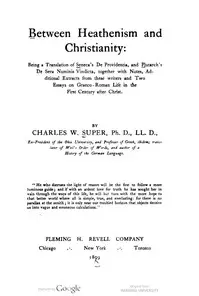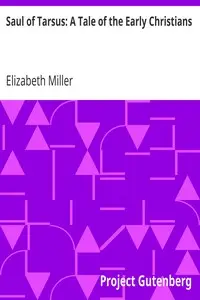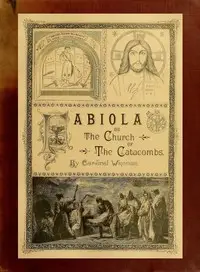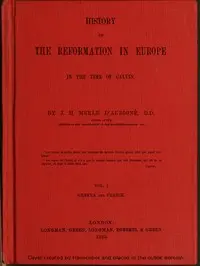"The Writings of Clement of Alexandria, Vol. 1 (of 2)" by Clement of Alexandria is a compilation of theological and philosophical writings aimed at guiding both non-believers towards Christianity and new converts on how to live morally. Clement contrasts Christian beliefs with those of pagans, pointing out flaws and moral problems within paganism. The beginning provides the context of Clement's history as a philosopher who once followed paganism before converting to Christianity. After traveling extensively and learning from many religious teachers, he began writing his own Christian teachings. The opening sections, particularly "Exhortation to the Heathen," emphasize how foolish pagan worship is, its association with immorality, and an invitation to accept Christian beliefs. Clement highlights the differences between Christian worship, which he presents as simple and pure, and pagan practices, which he considers intricate and often immoral, encouraging people to abandon idolatry and seek a deeper connection with God.

The writings of Clement of Alexandria, Vol. 1 (of 2)
By of Alexandria Clement
Embark on a journey from pagan philosopher to Christian teacher, as one man attempts to guide others from what he sees as darkness into the light of Christian truth.
Summary
About the AuthorTitus Flavius Clemens, also known as Clement of Alexandria, was a Christian theologian and philosopher who taught at the Catechetical School of Alexandria. Among his pupils were Origen and Alexander of Jerusalem. A convert to Christianity, he was an educated man who was familiar with classical Greek philosophy and literature. As his three major works demonstrate, Clement was influenced by Hellenistic philosophy to a greater extent than any other Christian thinker of his time, and in particular, by Plato and the Stoics. His secret works, which exist only in fragments, suggest that he was familiar with pre-Christian Jewish esotericism and Gnosticism as well. In one of his works he argued that Greek philosophy had its origin among non-Greeks, claiming that both Plato and Pythagoras were taught by Egyptian scholars.
Titus Flavius Clemens, also known as Clement of Alexandria, was a Christian theologian and philosopher who taught at the Catechetical School of Alexandria. Among his pupils were Origen and Alexander of Jerusalem. A convert to Christianity, he was an educated man who was familiar with classical Greek philosophy and literature. As his three major works demonstrate, Clement was influenced by Hellenistic philosophy to a greater extent than any other Christian thinker of his time, and in particular, by Plato and the Stoics. His secret works, which exist only in fragments, suggest that he was familiar with pre-Christian Jewish esotericism and Gnosticism as well. In one of his works he argued that Greek philosophy had its origin among non-Greeks, claiming that both Plato and Pythagoras were taught by Egyptian scholars.

